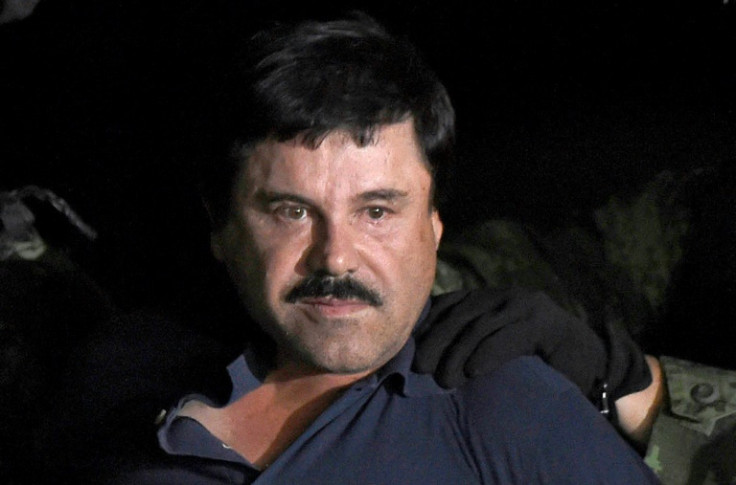
The recent entry of 17 family members of Joaquín "El Chapo" Guzmán into the United States, including his former wife Griselda López, is part of a coordinated strategy that reflects a calculated decision within the Sinaloa Cartel, according to Mexican national security analyst David Saucedo.
In an interview with Luis Chaparro, the journalist who first revealed the family's entry into the U.S., Saucedo argued that the move is not a surrender, but a division of roles designed to maintain operational control while gaining protection and legal advantages through cooperation with U.S. authorities.
Saucedo went on to claim that the Guzmán family appears to have made what he called a "corporate decision": one faction, including Ovidio Guzmán López, is cooperating with the U.S. Department of Justice and entering witness protection, while another — led by Iván Archivaldo and Jesús Alfredo Guzmán — remains in Mexico continuing cartel operations:
"The family of Chapo Guzmán took a decision: part of the family goes into the DEA's witness protection program, and the other part continues the business"
Ovidio Guzmán, extradited to the U.S. in September 2023, is expected to plead guilty to drug trafficking and money laundering charges on a July 9 hearing. His cooperation reportedly included a condition: the safe relocation of his relatives. Mexico's Secretary of Security, Omar García Harfuch, confirmed the move, calling it part of an agreement stemming from Ovidio's legal negotiations.
According to Saucedo, it is unlikely that Ovidio's brothers — still in hiding — will follow suit:
"I find it very unlikely that all of Chapo's sons will turn themselves in to the authorities. Their survival as a family, even their physical safety, depends on continuing to have men, weapons, resources, and income streams"
The analyst compared the Guzmán family's approach to that of the Zambada family, which successfully split cooperation and operations. He warned, however, that while the U.S. benefits strategically from such cooperation, the consequences for Mexico include more cartel infighting, corruption, and violence.
"The Sinaloa Cartel's civil war needs funding, and that means more drugs, more arms, and more bribes," Saucedo concluded.
© 2025 Latin Times. All rights reserved. Do not reproduce without permission.






